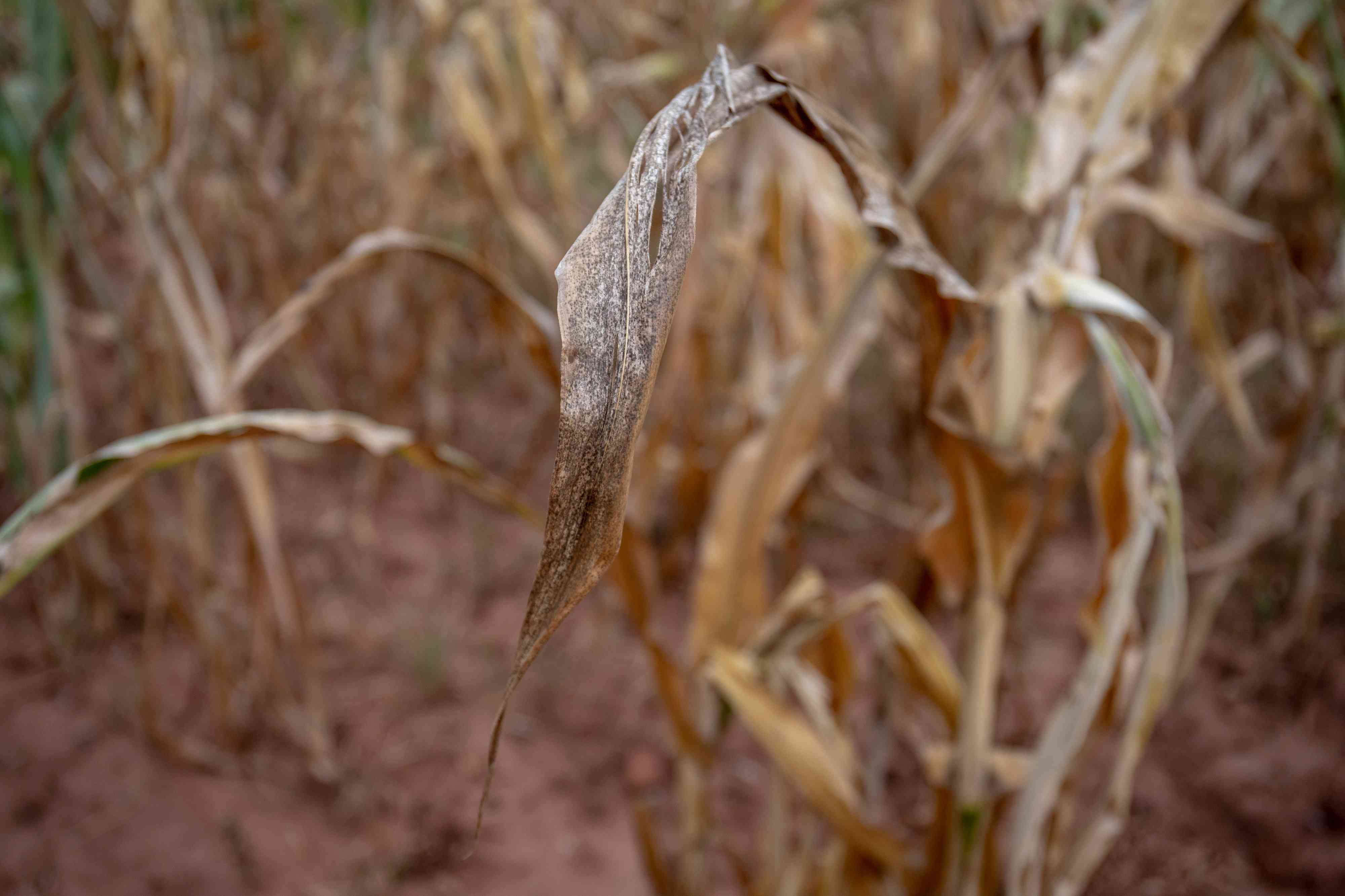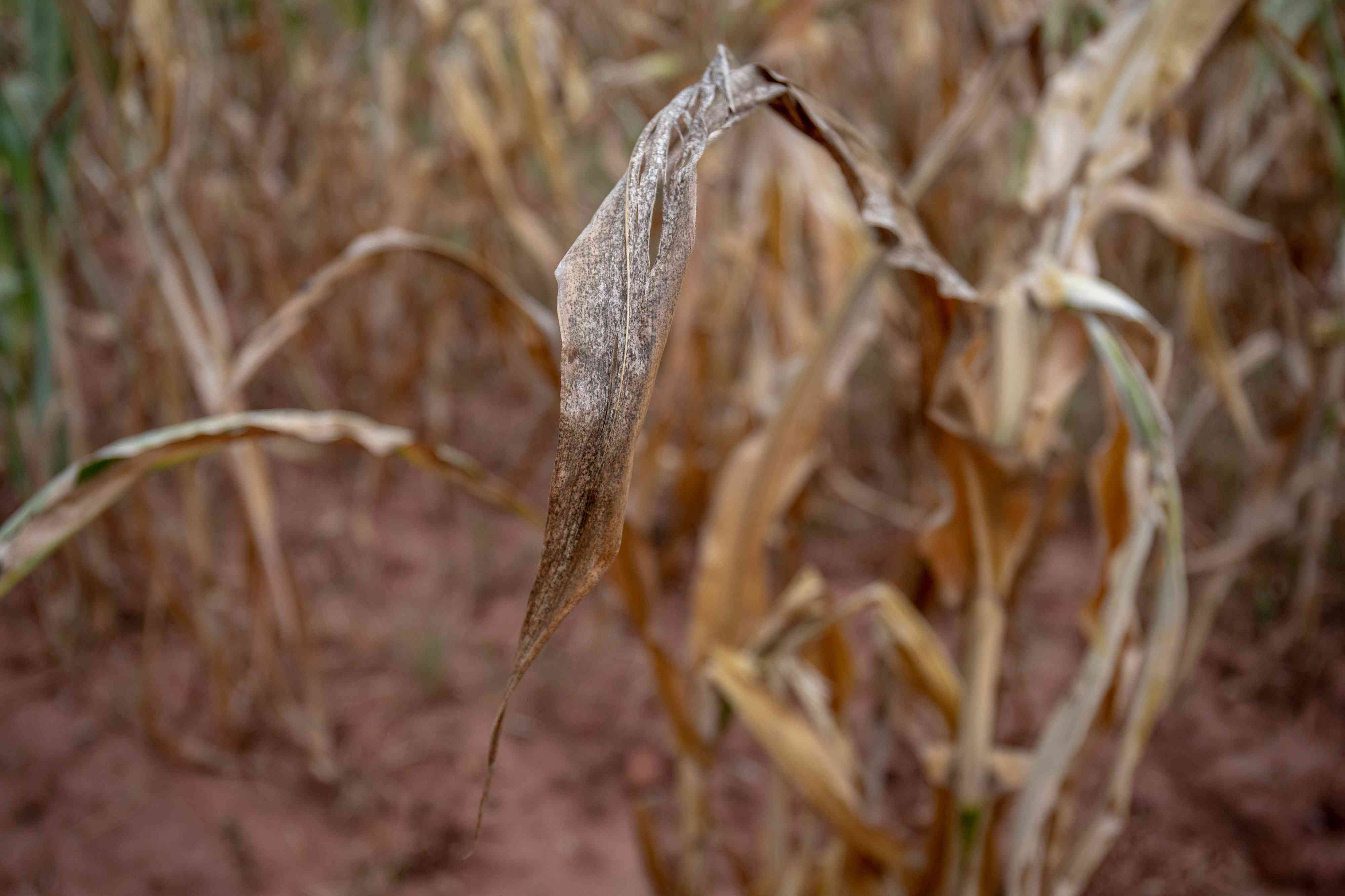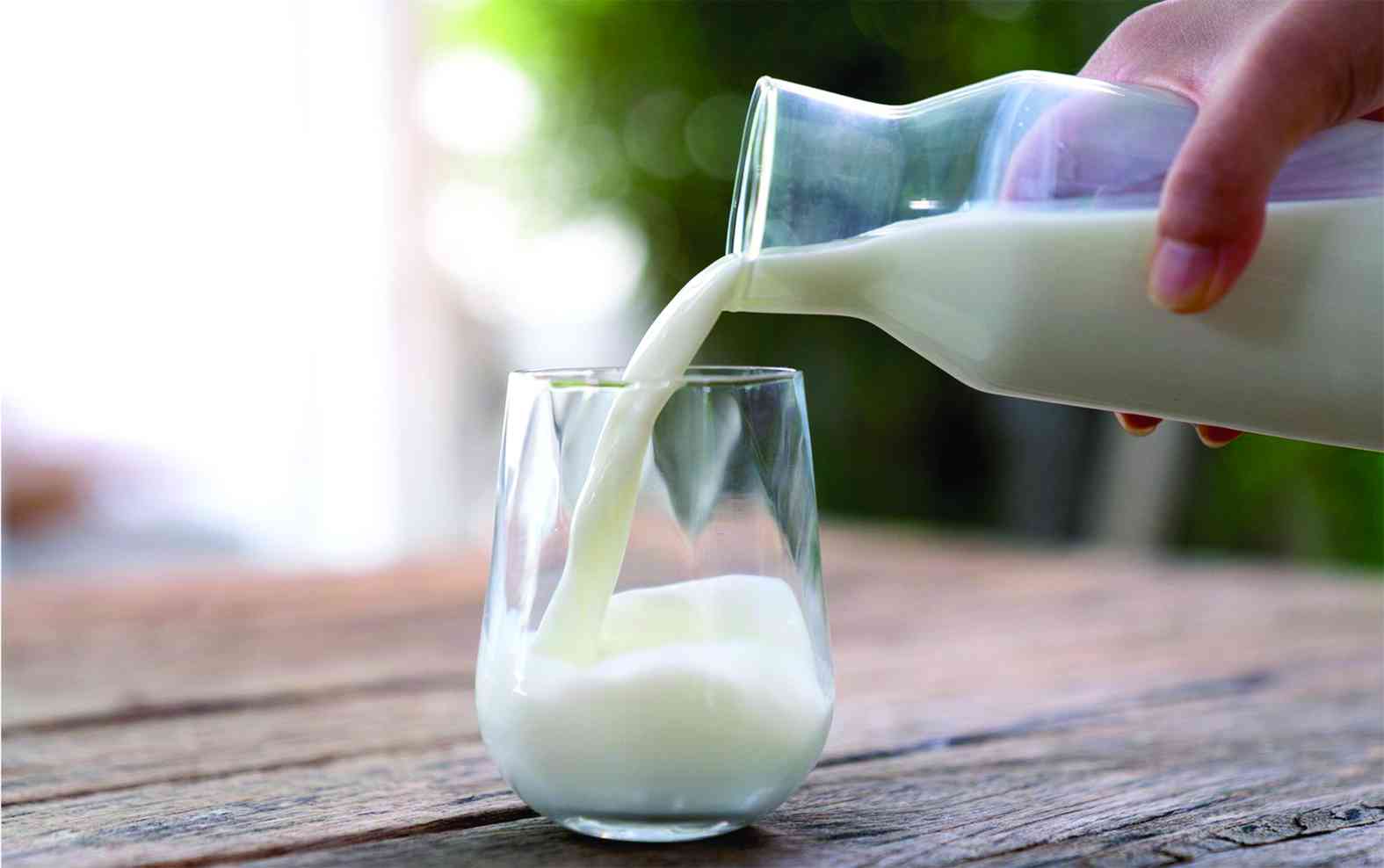
By Lorraine Muromo GOVERNMENT says it is preparing to support over three million command farmers across the country in the 2022-3 agriculture season to boost food security and counter the effects of the Russia-Ukraine conflict.
Zimbabwe is facing food shortages, and the World Food Programme (WFP) has warned of an impending food crisis in the country after global and regional food prices spiked upwards following Russia’s invasion of Ukraine.
Agriculture permanent secretary John Basera told NewsDay in an interview that government is geared to boost the agricultural recovery growth plan this season.
“This year we intend to support over three million farmers, an improvement of about half a million from the 2,5 million last year with the standard input package comprising fertiliser, basal fat, top dressing fat as well as seed,” Basera said.
“So far input distribution has already started because we need to respect that principle and, in fact, prepare on time for the season so fertiliser distribution is underway from the major suppliers and we are happy with the progress.”
Basera said input distribution will take off in earnest from August.
“One of the critical touch points around Pfumvudza and its religious adoption and conservation agriculture is timelines. So, it is timelines in terms of distribution and other factors, mulch harvesting and accumulation, but we are doing our part as a government,” Basera said.
“In terms of extension services provision, we have begun the training of trainers for the Pfumvudza programme and this year around we are targeting five plots per household and each household has to meet a minimum requirement of about three plots onwards and inputs to support that.”
- Chamisa under fire over US$120K donation
- Mavhunga puts DeMbare into Chibuku quarterfinals
- Pension funds bet on Cabora Bassa oilfields
- Councils defy govt fire tender directive
Keep Reading
Basera also said the country had two sub-programmes that were aimed at ensuring that the country was food secure and was motivated by the geo politics of eastern Europe.
“In terms of food production, we have two sub-programmes. We have the commercially oriented programming popularly known as Command Agriculture and now known as the national enhanced agricultural productivity scheme targeting about 250 000 hectares under maize and about 50 000 hectares of soya bean and traditional grains so that we climate proof the food production sub space,” he said.
“We are happy with the appetite by the private sector in terms of supporting government efforts in ensuring that we are food secure, especially in light of the realities of the geo-political developments in eastern Europe. We need food security and import substitution because we know and we believe the number one and smart thing is not to import what you can produce. So, the geo-political politics taught us well that we need to look inward in terms of providing for our self-sustenance and self-sufficiency in terms of food security.”
Basera said the other sub-programming is the Presidential Input Support Scheme, which includes Pfumvudza, a grain production programme targeting the small holder farmers.











